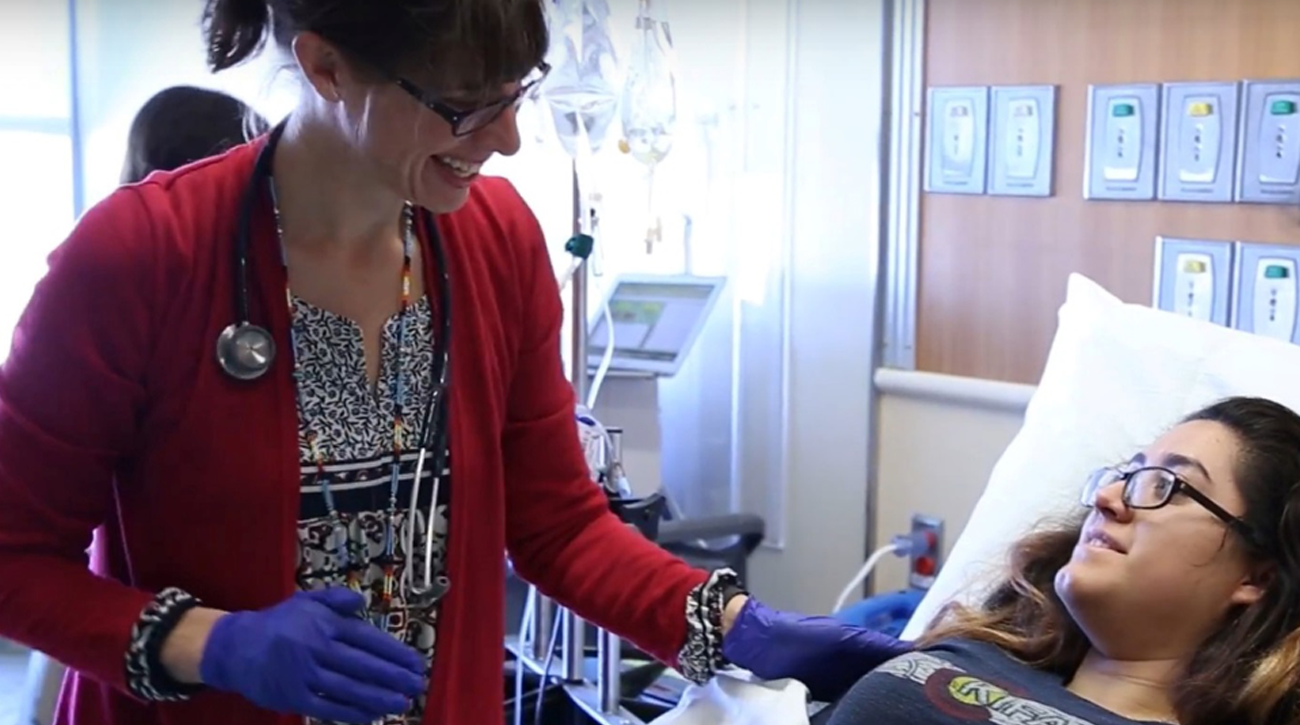A set of clinical trials examining disease progression in youth and adults with Type 2 diabetes found adults fared better during medical treatment but worsened after treatment ended, while youth on the same treatment continued to worsen both during and after treatment.
The research was published June 9 in the journals Diabetes and Diabetes Care and presented at the American Diabetes Association Scientific Sessions in San Francisco. The Biostatistics Center based at Milken Institute School of Public Health served as the coordinating center for the study, which was conducted at eight study sites across the country. In this role, the Biostatistics Center managed numerous aspects of the study, including working with the researchers on the study design, developing the operation manuals; designing and implementing the data collection systems; and analyzing data for the study.
The research was funded by the National Institute of Diabetes and Digestive and Kidney Diseases (NIDDK), which is part of the National Institutes of Health. It is part of the Restoring Insulin Secretion (RISE) Adult and Pediatric Medication Studies, which compared different diabetes treatments among adults aged 20-65 and youth aged 10-19.
In the clinical trial with adults, participants were randomly assigned to receive one of four types of diabetes treatments: either long-acting insulin, called glargine, for three months followed by nine months of metformin; the drugs liraglutide and metformin for one year; metformin alone for one year; or a placebo. The researchers looked to see if treatment had a lasting effect on slowing or stopping the decline of beta cell function, which is how the body makes and releases insulin, that occurs in people with type 2 diabetes. Participants were monitored for three additional months after treatments ended.
Results showed that adult participants had improvements in beta cell function while on the treatments. However, these improvements did not persist among any of the groups after treatment ended.
The findings of the adult study were compared to those from the RISE Pediatric Medication Study published in 2018, which showed that beta cell function declined in the two youth treatment groups during active treatment, and worsened after treatment ended. Insulin glargine and metformin are the only medications approved by the U.S. Food and Drug Administration for youth with type 2 diabetes.
“Together, the RISE medication studies show that these treatments for type 2 diabetes do not make lasting changes to the beta cells,” says Sharon Edelstein, ScM, lead research scientist and principal investigator of the BSC’s coordinating center for RISE. “In RISE adults, the treatment options were effective while people were actively taking them, but the effectiveness disappeared once the medications were stopped. In order to maintain benefits to the beta cells, individuals must remain on treatment.”
The comparison between adults and youth receiving the treatments supports research suggesting the disease is more aggressive in youth than adults, and encourages new research to explain why.
Learn more about RISE here. Learn more about The Biostatistics Center here.


